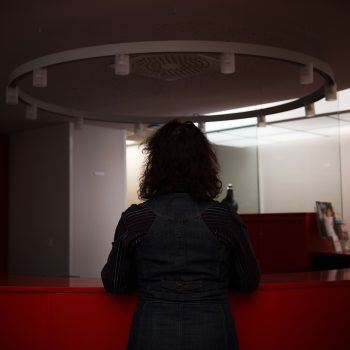More than half of the highly educated immigrant women who responded to the survey estimated that the social climate has deteriorated in recent years. The result is based on a study conducted by E2 Research for STTK. The change was linked to the current government’s policies and the negative attitudes to foreign workers in the labour market.

The government has imposed extensive restrictions on processes for entering and remaining in the country.
“Such policies contribute to an image of Finland that does not welcome foreign-born people. The discussion on racism within the government does nothing to improve the situation, instead it speaks volumes about the attitudes of politicians. However, Finland, with its aging population, cannot afford this. It is necessary to see immigration consistently as a strength that helps address the skills shortage in Finnish working life and create new opportunities for growth”, emphasises STTK’s Chair Antti Palola.
The government’s programme and actions clash
The weak employment situation has affected employment prospects, especially for women of immigrant background, and even internships are harder to come by. Women are over-represented in fixed-term and part-time employment. In order to find employment, they need services, language and integration training, and support in building working life networks.
In its programme, the Government has outlined an action plan to support the employment of under-represented groups in working life, such as immigrant women.
“The government’s actions tell a different story. The government has weakened the employment opportunities of immigrant women by cutting funding for example for labour and integration services, social and health sector organisations and liberal adult education, which are key service providers”, Palola emphasises.
The target group of the study commissioned by STTK from E2 Research was highly educated, first-generation immigrant women of working age. The survey data was collected between 21 November 2024 and 13 February 2025. Nearly three hundred people responded to the survey. In addition, immigrant women and professionals working in integration and employment services were interviewed for the report .
Further information at E2:
Rolle Alho, Researcher, tel. +358 50 5344 485
Further information at STTK:
Antti Palola, President, tel. +358 40 509 6030


